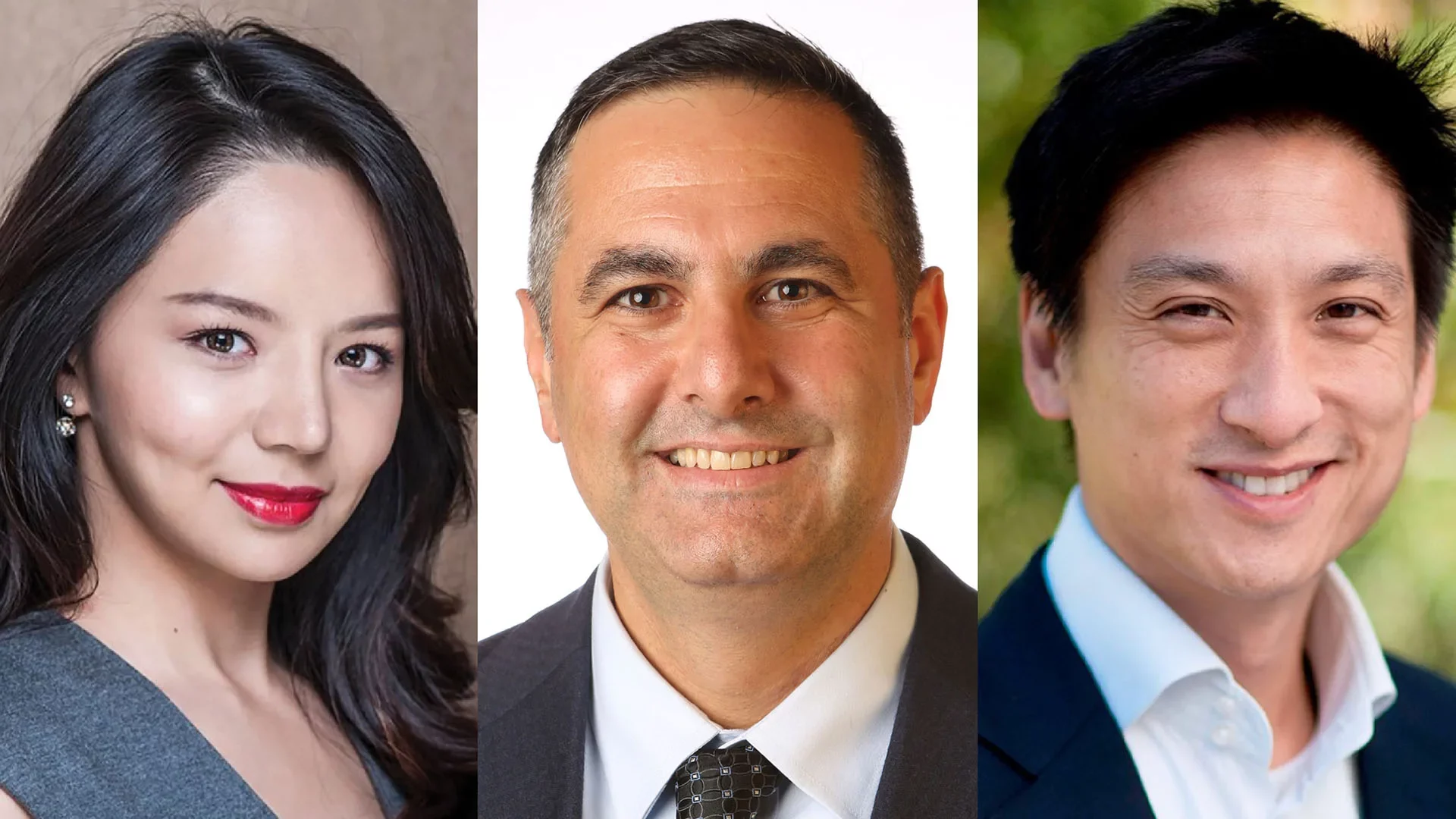
Related Content
Watch the VideoView the PhotosDate & Time
Thursday, 22 August - Thursday, 22 August 2019
6:00 pm - 7:30 pm AEST
Chinese President Xi Jinping’s increasingly hardline rule at home and growing assertiveness abroad show few signs of moderating despite recent pushback. If anything, Beijing is becoming more uncompromising — whether it be over the Uighurs in Xinjiang and protests in Hong Kong, or in the South China Sea as its military power grows.
Meanwhile, Australian attitudes towards the PRC are hardening. Protests have broken out over Confucius Institutes on university campuses, and there have even been calls to nationalise the Darwin port leased to a Chinese company a few years ago.
But can Australia afford to get tougher with China? One in three of our export dollars are earned in Chinese markets and further economic opportunities beckon. Or should the question be: can we afford not to get tougher with the PRC, as the divergence between our values and security interests grows starker?
Human rights advocate and CIS scholar-in-residence Anastasia Lin, chairman of Vantage Asia Holdings and China Matters advisory board member Jason Yat-sen Li, and CIS adjunct scholar and Sydney University political sociologist Salvatore Babones for a discussion of these issues and more. This discussion was moderated by Sue Windybank, convenor of the CIS China and Free Societies program.
Anastasia Lin is a human rights advocate and the 2019 scholar-in-residence at The Centre for Independent Studies. She is also the Macdonald-Laurier Institute’s ambassador for China policy and a senior fellow at the Raoul Wallenberg Centre for Human Rights.
Jason Yat-sen Li is Chairman of Vantage Asia Holdings, a Senate Fellow at the University of Sydney, and an advisory board member of China Matters.
Salvatore Babones is a political sociologist at the University of Sydney and an Adjunct Scholar at The Centre for Independent Studies. He is the author of the CIS report, The China Student Boom and the Risks It Poses to Australian Universities.
